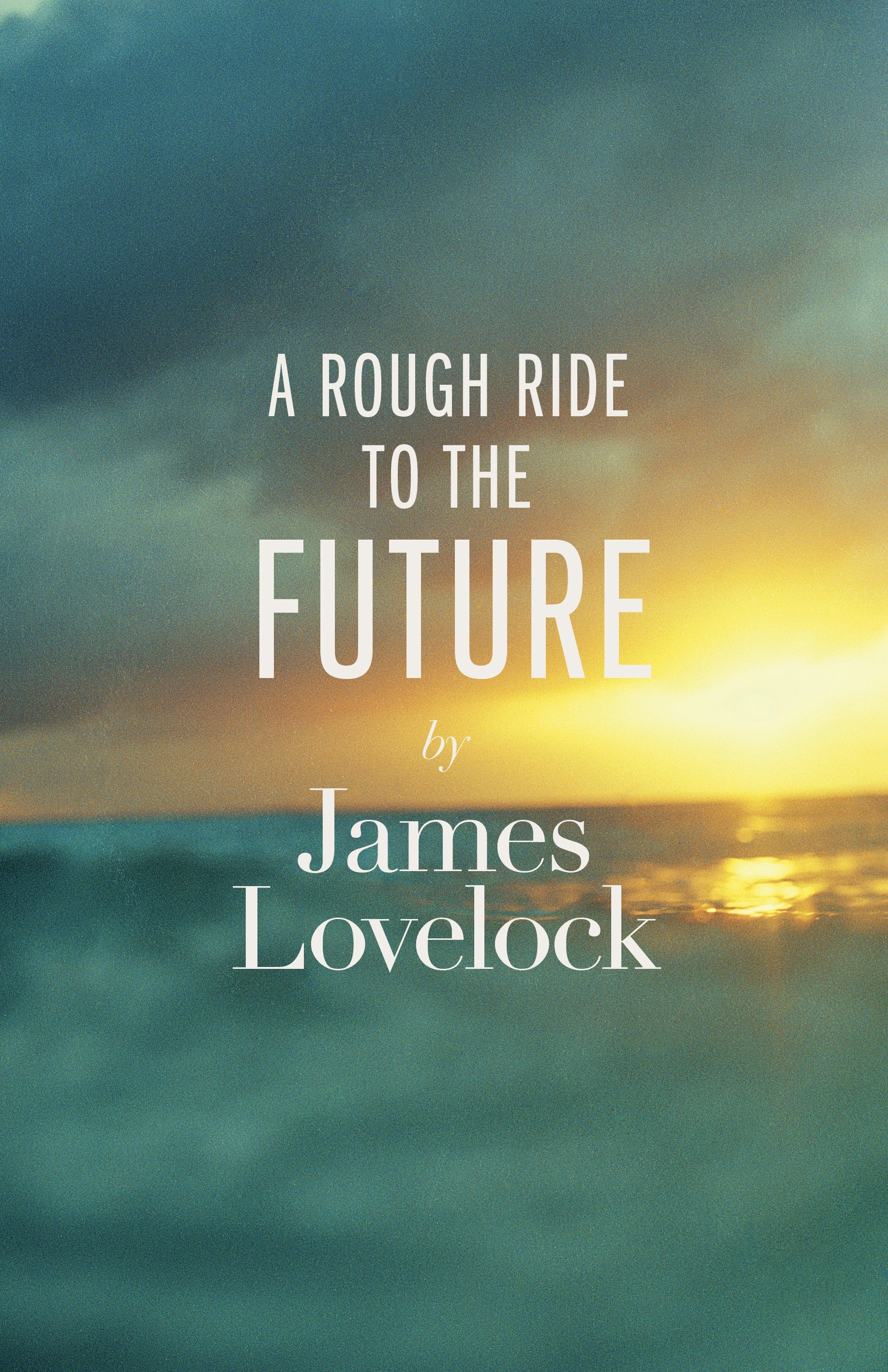 Since I heard about the Gaia hypothesis in the 1980s, I have read most of James Lovelock‘s books. I was confronted by his argument that nuclear power is undervalued as one of the cleanest and sustainable sources of power, as I have grown up listening to anti-nuclear activists like Helen Caldicott and being frightened by films like Fail Safe and Threads. I am not sure I agree with Lovelock but I respect him. In his latest book, though, he makes a couple of negative references to occupational health and safety (OHS) that are cheap shots, unfair or disappointing.
Since I heard about the Gaia hypothesis in the 1980s, I have read most of James Lovelock‘s books. I was confronted by his argument that nuclear power is undervalued as one of the cleanest and sustainable sources of power, as I have grown up listening to anti-nuclear activists like Helen Caldicott and being frightened by films like Fail Safe and Threads. I am not sure I agree with Lovelock but I respect him. In his latest book, though, he makes a couple of negative references to occupational health and safety (OHS) that are cheap shots, unfair or disappointing.
Lovelock says, on page 2 of “A Rough Ride to the Future” that the chemical industry is “now mainly run by an intelligent and usually responsible technocracy” but that
“…we may be hampered in our attempts to solve the large problems [of pollution] by the absurdly zealous application of health and safety laws.” (emphasis added)
In discussing oxygen levels in the atmosphere and how its regulation is so important, Lovelock says, in parentheses,
“We are fortunate there is no inbuilt health and safety system in Gaia, otherwise the dangers of fires would have led to the banning of its production.” (page 13)
This comment, moreso than the former, shows Lovelock misunderstands OHS regulation and application. Earlier in the book he praises the banning of chlorofluorocarbons on climatic reasons and then, absurdly, implies that OHS would advocate the banning of oxygen. It’s a cheap shot. OHS is about trying to eliminate the risk of harm and by investigating the source of the hazard, usually through the scientific method.
Lovelock, perhaps, romanticises the role of the “lone scientist inventor” acknowledging that technology would help the modern equivalent but that
“…a Faraday or a Darwin would be buried in paperwork and obliged to spend their time solving problems concerning health and safety and political correctness, today’s equivalent of the theocratic oppression of Galileo.” (page 18 and in this extract)
This seems to imply that OHS is a requirement additional to the normal run of business but it has always been the case that if safety is integrated in to the business, manufacturing or scientific process from the conceptual stage, it would not be noticed as it would simply be the “ways things are done”.
Lovelock at least provides an example of his accusation of OHS absurdity.
“Pity the unfortunate scientist member of a team in a large laboratory. He needs some ultra-pure water for an experience but to his surprise there is a health and safety warning on the bottle he receives. It tells him what to do if some of this ultra-pure water splashes in his eye, or spill on the lab bench. He must wash his eye and the bench thoroughly with clean water! Of course he ignores the warning but knows how unwise it would have been to make fun of the health and safety authority responsible for the warning. (This is a true account of the warning I received attached to a one litre bottle of deionized ultra-pure water a few years ago)” (page 35)
Standard practice in laboratories seems to be the use of protective eyewear, particularly when using liquids, any liquids. Such a practice would negate the risk of splashes in the eyes and render the first aid advice irrelevant. Of more concern is Lovelock’s dismissal of consultation on OHS matters. A safety instruction that seems absurd should not be dismissed as the latest example of elf’n’safety gone mad. It should be questioned. This questioning, this consultation, would have two benefits – an explanation of the safety need for such measures or an acknowledgement of their irrelevance in this instance.
The ridiculing of OHS in the English media is a result of this lack of consultation. The Health and Safety Executive had to create a program devoted to dismissing OHS myths because the media failed to inquire sufficiently to report the misunderstanding of OHS that led to many of the absurd stories. In reality it did not serve the media’s interest in investigating the OHS claims as it was the absurdity that sold newspapers in increasing their online clickthrough rate. The same should not have been the case for Lovelock who praises the inquiring mind.
And the book generally – rambling with flashes of insight.
Tagged: James Lovelock, OHS